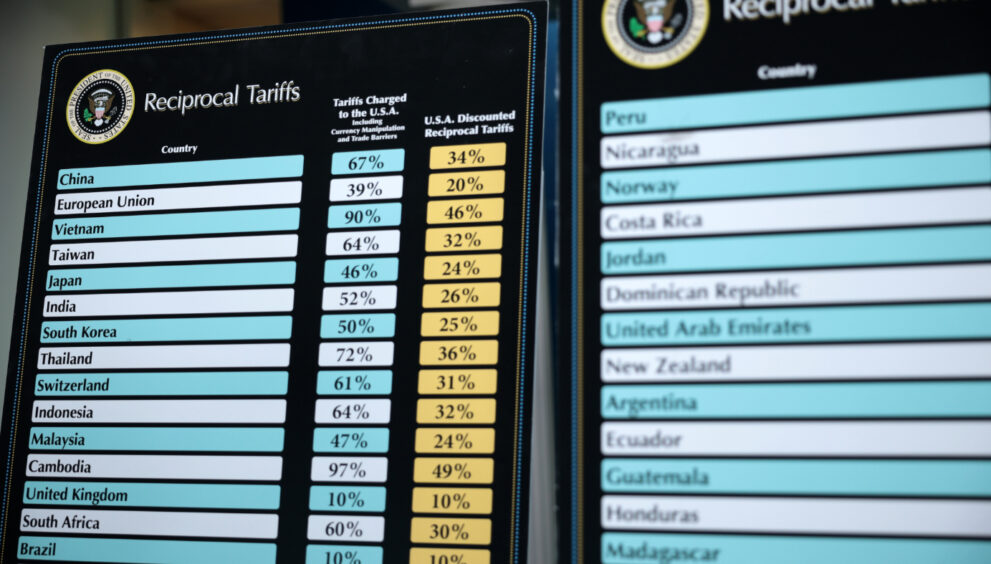Trump’s Voodoo Economics Rely on Black Magic to Succeed

President Trump is staking his presidency on a risky bet, confident in his ability to reshape the economic future of the U.S. and global trade. His recent executive orders imposing tariffs worldwide were a high-stakes move, yet the dice seem loaded against him as the markets responded with significant declines.
The American public can expect prices on most products to climb due to these tariffs, potentially driving inflation and fostering economic growth. Despite Treasury Secretary Scott Bessent’s advice to other countries to pause and observe, reactions from trading partners seem inevitable, complicating the economic landscape further.
The administration’s argument that tariffs could spur foreign companies to invest in the U.S., leading to job growth and greater self-sufficiency, hints at a desire to boost the nation’s wealth by $600 billion annually. However, the logic behind such riches remains unclear, especially considering the likelihood of increased product costs consuming most of the predicted gains.
The reliance on tariffs calls to mind President George H.W. Bush’s initial criticism of Ronald Reagan’s ‘voodoo economics,’ suggesting that Trump’s tariff ambitions may require a bit of ‘black magic’ to succeed, with possible repercussions felt domestically. Many American-made products depend heavily on foreign components, and the impact of tariffs on cost and price is unmistakable.
The proposed tariff cuts and foreign investments to establish new manufacturing facilities may face hurdles, like time constraints and regulatory procedures, thus delaying tangible outcomes. If Trump doesn’t shift his approach and develop a more coherent strategy, the consequences could be dire, akin to navigating the Titanic towards an iceberg.
Amidst these uncertainties, there is a glimmer of hope as the Senate moves to counter Trump’s tariff initiatives. However, the road ahead appears bumpy, and the fate of Trump’s economic vision remains uncertain. Perhaps, a pragmatic course correction is needed to avert potential disaster and steer the nation towards a stable economic future.






















































































































































































































































































































































































































































































































































































































































































































































































































































































































































































































































































































































































































































































































































































































































































































































































































































































































































































































































































































































































































































































































































































































































































































































































































































































































































































































































































































































